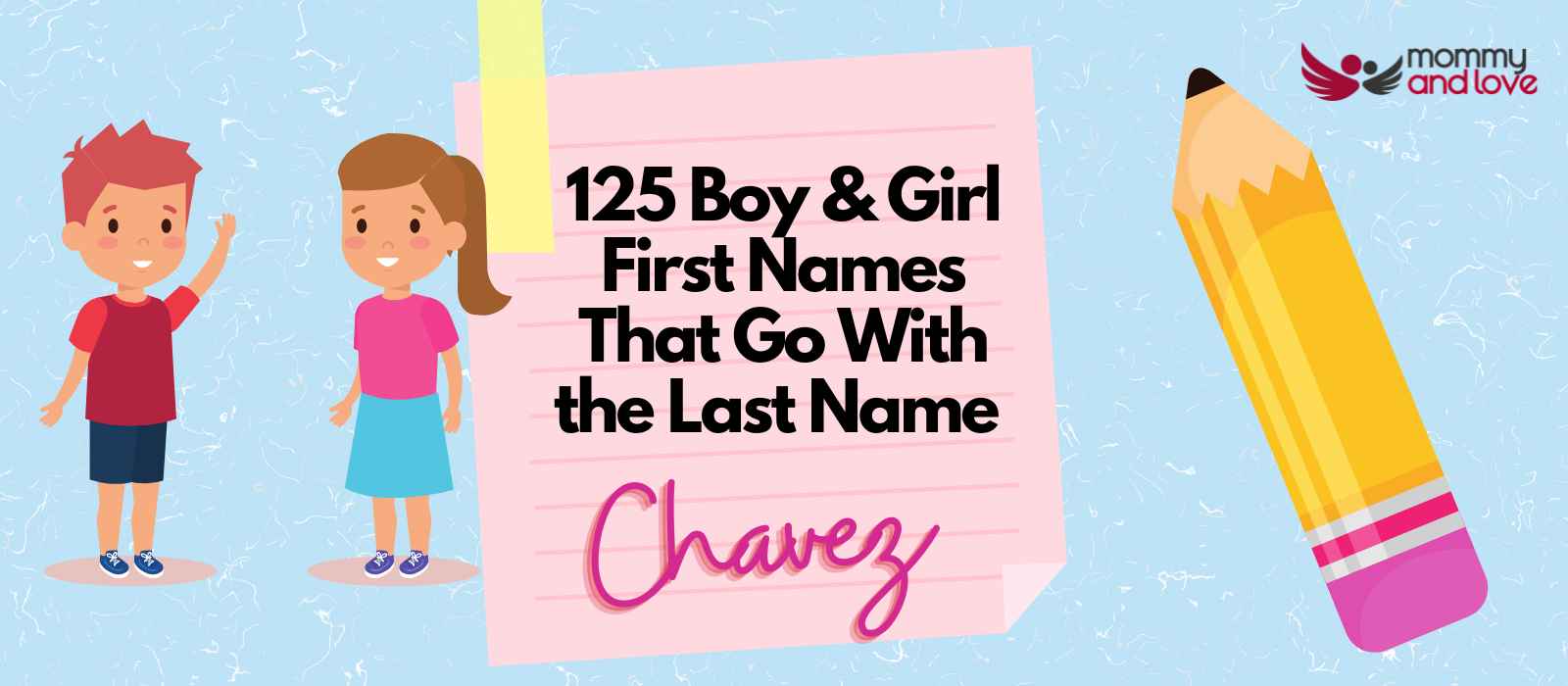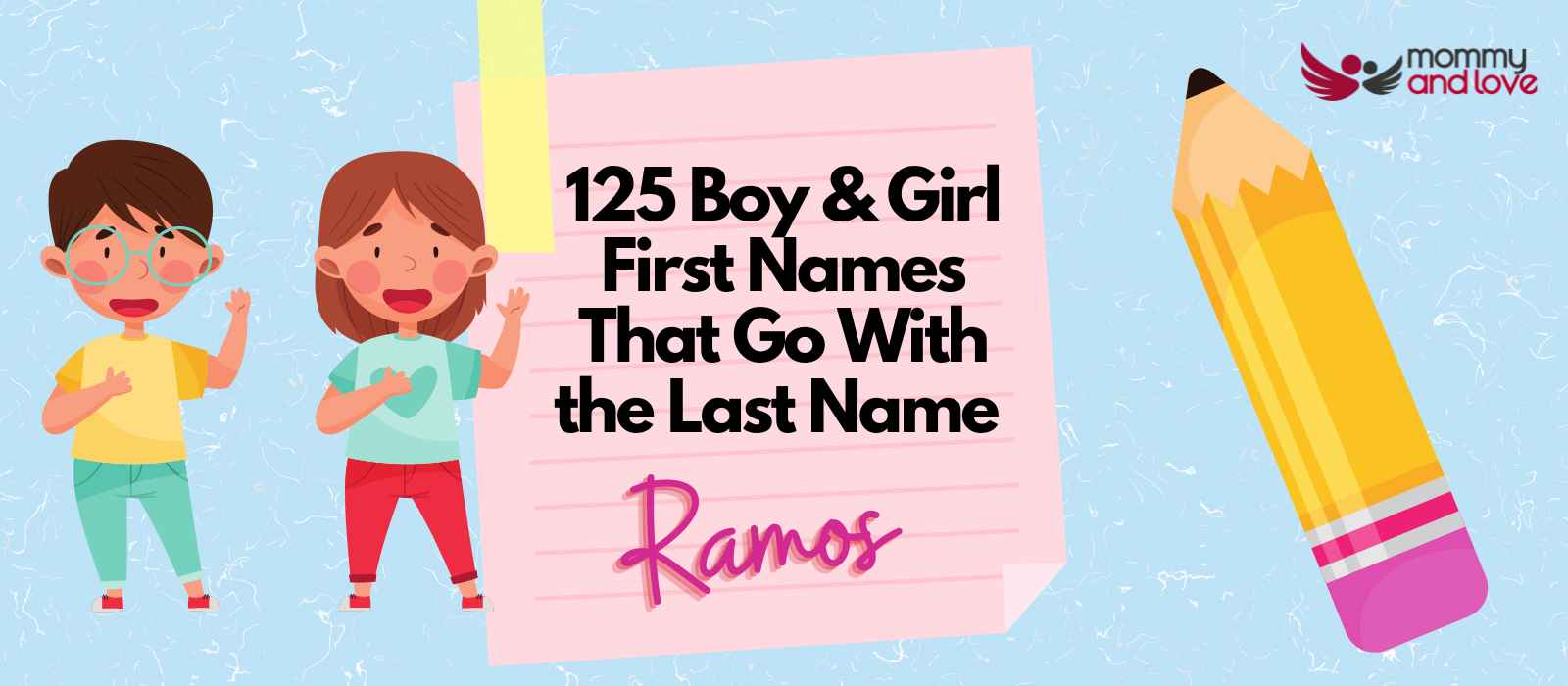
125 Boy & Girl First Names That Go With the Last Name Patel
Unlock the Magic: First Names That Pair Perfectly With the Last Name Patel!


Unlock the Magic: First Names That Pair Perfectly With the Last Name Patel!

Discover the Ideal First Names to Complement the Last Name Mendoza!

Find the Perfect First Names to Match the Last Name Kim!

Unlock the Ideal First Names to Complement the Last Name Sullivan!

Explore 125 Exceptional First Names to Pair With the Last Name Chavez!

Discover the Perfect First Names to Match the Last Name Ramos!